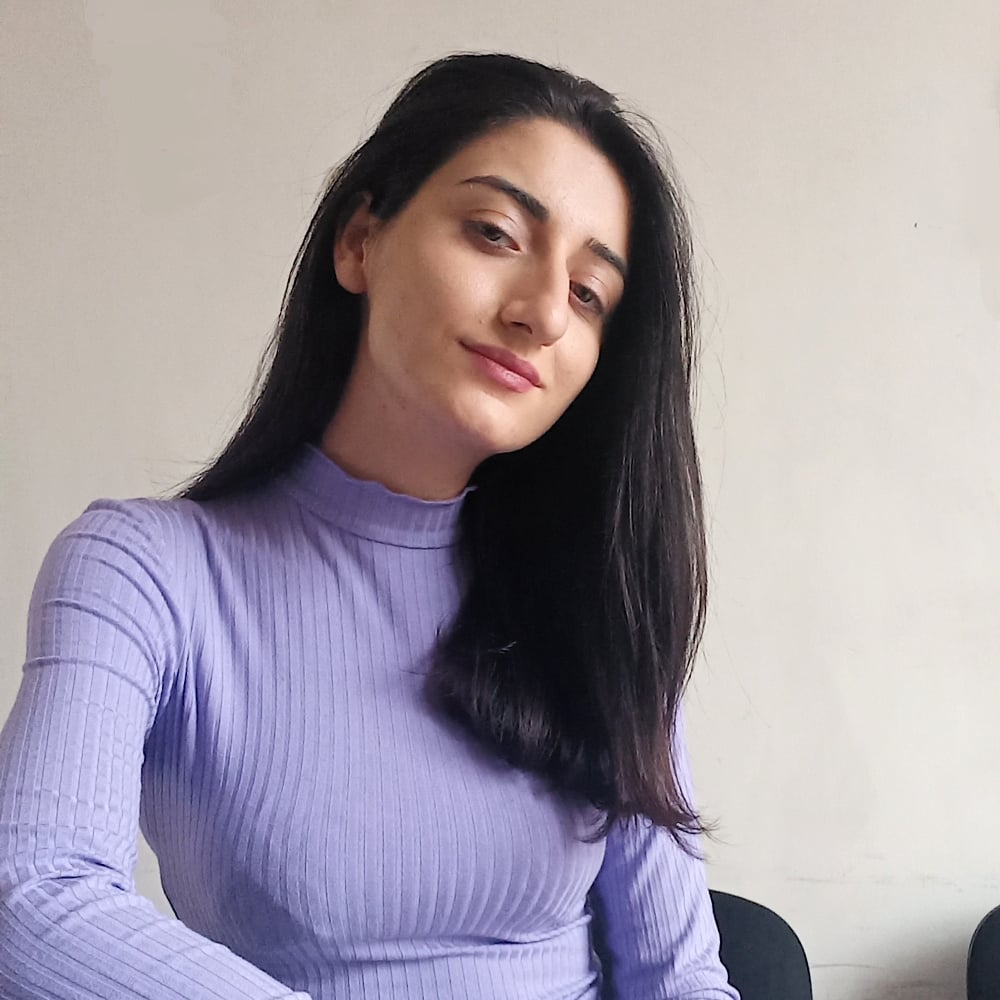
In 2022, the process of the normalization of Armenian-Turkish relations entered an active phase. On January 14, the special envoys of the two countries, Ruben Rubinyan and Serdar Kılıç, met in Moscow, after which direct air communication between the two countries was restored. Three more meetings took place between them in February, May and June in Vienna. The parties announced that the final goal of the negotiations is the full settlement of relations between Armenia and Turkey. The fourth meeting of the envoys was characterized by concrete agreements reached.
- to provide the opportunity for citizens of third countries to cross the Armenia-Turkey land border,
- start the implementation of direct air cargo transportation between Armenia and Turkey.
On July 11, the Prime Minister of Armenia and the President of Turkey talked on the phone for the first time. The launched negotiation process was called a step forward by political scientists. The Armenian community of Turkey also had great expectations from the negotiations. However, the previous experience in regulating relations has shown that even after many substantive agreements, the negotiations eventually reached a dead end.
Media.am decided to study what stages the Armenia-Turkey negotiations have gone through since independence, when, where and how many times the high-ranking Armenian and Turkish officials met and what was the outcome of the negotiations.
Levon Ter-Petrosyan
On December 24, 1991, Turkey recognized Armenia as an independent state, and steps of cooperation were taken between the two countries. Volkan Vural, the Turkish ambassador in Moscow, even said that Turkey is going to open a consulate in Yerevan.
On June 2, 1992, in an interview given to the Turkish “Cumhuriyet” newspaper, RA President Levon Ter-Petrosyan stated that he wants to see Turkey as a friendly and partner state. “After all, we are neighbors, and our cooperation will be effective for both our countries from an economic and political point of view.”
On June 14, 1992, a meeting between Ter-Petrosyan and Turkish Prime Minister Suleyman Demirel took place in Rio de Janeiro, within the framework of the environmental conference. About 2 weeks later, they met again in Istanbul at the signing of the final declaration of the Black Sea Economic Cooperation Organization. On August 23 of the same year, the high-ranking Turkish delegation arrived in Yerevan, and high-level meetings were held with Armenian leaders. On October 7, State Minister Gagik Shahbazyan went to Ankara to discuss the ways to deliver grain from Turkey to Armenia, a few days later an agreement was signed in Ankara between the ministries of food of Armenia and trade of Turkey.
In April 1993, in Ankara, Ter-Petrosyan and his advisor Zhirayr Liparityan participated in the funeral of Turkish President Turgut Özal. During that visit, Prime Minister Demirel received the Armenian delegation.
In October 1995, President Levon Ter-Petrosyan met with Suleyman Demirel, who became the President of Turkey, during the jubilee gathering dedicated to the 50th anniversary of the United Nations. It was the first meeting between the presidents of Armenia and Turkey after the independence of Armenia.
Thus, the first president Levon Ter-Petrosyan had meetings with the Prime Minister and then President Suleyman Demirel and visited Turkey. During that time, various high-ranking officials of RA also had meetings with their Turkish counterparts.
Robert Kocharyan
Since Robert Kocharyan assumed the post of president in 1998, the presidents of Armenia and Turkey have met twice. After the terrorist attack on October 27, 1999, the delegation headed by the Turkish Minister of State Mehmet Ali İrtemçelik arrived in Armenia and participated in the funeral ceremony of the figures who were shot in the parliament. A month later, Robert Kocharyan left for Istanbul to participate in the summit of the Black Sea Economic Cooperation Organization and met with Turkish President Demirel. Details about the meetings can be read in the article “Ignored Lessons” by the former RA Foreign Minister Vardan Oskanian. The latter had many meetings with Turkish colleagues, including Abdullah Gül, who later became the president.
After that, the communication between the presidents of Armenia and Turkey continued through correspondence. In 2005, Turkish Prime Minister Recep Tayyip Erdoğan sent a letter to Kocharyan, proposing to create a commission of historians to “study the events of 1915.” Kocharyan’s reply letter was published years later on Wikileaks. The second president of RA proposed to create an intergovernmental commission that can discuss any and all unresolved issues between the two states.
Serzh Sargsyan
Serzh Sargsyan was the first president of Armenia who received a congratulatory message from the president of Turkey on his election. In 2013, Abdullah Gül congratulated him on his re-election. Serzh Sargsyan, in turn, sent a congratulatory message to the President of Turkey, Abdullah Gül, on the occasion of Republic Day, the national holiday of Turkey.
On April 21, 2008, Turkish Foreign Minister Ali Babacan informed the Armenian side in an official letter that Turkey wants to regulate Armenian-Turkish relations. On April 27, the Prime Ministers of Armenia and Turkey exchanged letters. Back then, Prime Minister Erdoğan expressed hope that Armenian-Turkish relations would “enter a new phase” after Serzh Sargsyan was elected to the presidency. In response, Tigran Sargsyan wrote that Armenia is ready to start a dialogue if Ankara does not put forward any preconditions.
On July 18, 2008, Ali Babajan confirmed that Armenia and Turkey had a series of secret meetings in Bern in May and July. RA Prime Minister Tigran Sargsyan responded, “There was no secret or reason to be surprised. Such contacts between Armenian and Turkish diplomats have never stopped.”
In 2008, Sargsyan invited the President of Turkey to Armenia to watch the selection match of the national soccer teams of Armenia and Turkey for the World Cup. On September 6, 2008, Abdulla Gül arrived in Yerevan, the visit lasted 6-7 hours.
On January 29, 2009, a 20-minute meeting between Serzh Sargsyan and Prime Minister Recep Tayyip Erdoğan took place in Davos.
On April 23, 2009, the RA and Turkish Foreign Affairs Ministries and the Swiss Federal Department of Foreign Affairs issued a joint statement about the “road map” for the regulation of relations. On August 31 of the same year, the RA and Turkish Foreign Ministries published two initialed protocols, which were finally signed on October 10.
On October 14, the return football match between Turkey and Armenia took place. Sargsyan received a written invitation from Gül to watch the game together. And even though Sargsyan announced that he would leave for Turkey “if the border is open or if we are on the threshold of doing so,” he left for Bursa on a working visit when the border was closed.
On May 7, 2009, during the international summit, negotiations between Serzh Sargsyan and Abdullah Gül took place in the capital of the Czech Republic.
On April 22, 2010, Serzh Sargsyan announced in a TV message that Turkey has done everything to kill time and defeat the process and is not ready to continue the started process. In 2015, Sargsyan withdrew the protocols from the National Assembly, on March 1, 2018, he signed a decree to stop the procedure of signing the Armenian-Turkish protocols.
Thus, in the process of Armenia-Turkey negotiations, many meetings of high-ranking officials have been held, and seemingly objective agreements have been reached, but they are still not a guarantee of settled relations.
Ophelia Simonyan


Add new comment
Comments by Media.am readers become public after moderation. We urge our readers not to leave anonymous comments. It’s always nice to know with whom one is speaking.
We do not publish comments that contain profanities, non-normative lexicon, personal attacks or threats. We do not publish comments that spread hate.